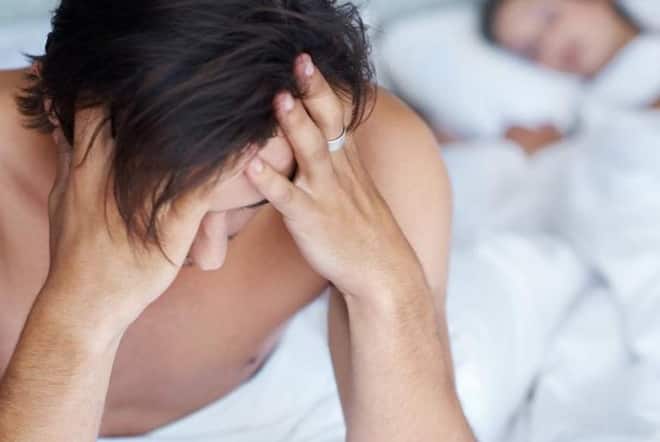Health:
Sleep Deprivation: 3 ways a lack of sleep is ruining your life
Health:
24 Apr 2019

Are you experiencing sleep deprivation? Most of us aren’t especially charming after a terrible night spent tossing and turning. After a bad night’s sleep, it’s perfectly normal to feel cranky. The problem is you’ll want to do a whole lot less until it’s finally time to hit the pillow once more. But what happens when you’re chronically not getting enough good quality sleep?
The word “quality” is important. Many people think that because they’re not struggling they’re okay. Bad sleep is expected with a condition like insomnia or having to nurse a child throughout the night. But often our sleep is not of a decent calibre. According to the National Sleep Foundation of America, the following are key indicators. Falling asleep within 30 minutes or less and waking up no more than once a night. Ideally, however, you don’t want to wake up at all. Also, sleep requirements tend to vary from person to person. However, it’s understood that adults need at least 7 hours of sleep each and every night if they’re to function at their best.
Sleep Deprivation signs and symptoms
If you know you’re not getting enough sleep or didn’t realise your sleep quality was poor, it’s important that you rectify it. Chronic sleep deprivation has a negative effect on every aspect of life and these are just three ways it could be ruining yours.
Sleep and your brain
– The depression factor
Many studies have found that sleep disorders and depression tend to feed each other. A chronic lack of sleep is a surefire way to cause a host of negative feelings. Over time it can lead to depression. Being depressed can be the cause of many negative thoughts, especially anxious ones, that can make it difficult to fall asleep. Of all the sleep disorders, insomnia has the strongest links to depression. Research has shown that those who struggle to sleep at night have a dramatically higher risk of developing depression. Also, insomnia is often one of the very first symptoms many people complain about after becoming depressed.
Sleep and your body
– Sleep deprivation and weight gain
You don’t need a doctor to tell you that, when you’re tired, it’s much harder to stick to a diet and exercise regime. You’re simply too exhausted to do squats and fight temptation but reaching for comfort food is easy. Also, who has the energy to cook up a healthy dinner when a super convenient pizza is just a phone call away? Still, here’s the science bit: When you’re sleep deprived, your body produces more ghrelin, the hormone that tells you you’re hungry, and not enough leptin, the one that tells you you’re full. You see the problem, right?
Sleep and your skin
– Beauty sleep is real
It’s true, beauty sleep is real and pulling an all-nighter is going to reflect on your face. You’ll either look puffy or drawn and get to enjoy dark circles too. Chronic sleeplessness, however, can really take a toll on your looks. One of the reasons is due to the fact that a lack of sleep increases your body’s cortisol levels. Known as the stress hormone, cortisol triggers inflammation that, if left unchecked, is the fast track to premature ageing. High cortisol levels also increase your blood sugar, encouraging a process called glycation that essentially damages your skin’s collagen content. You’ll also notice that when you’re stressed your skin tends to break out more. Yep, that’s cortisol’s work once more.
Ultimately, these are just three ways that sleep deprivation can negatively affect your quality of life. If you’re worried that you’re not getting enough of the good quality restorative sleep that’s so essential to your wellbeing invest in a sleep study, and improve your sleep quality so you can wake up feeling and looking your best.

Comments